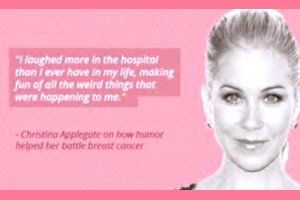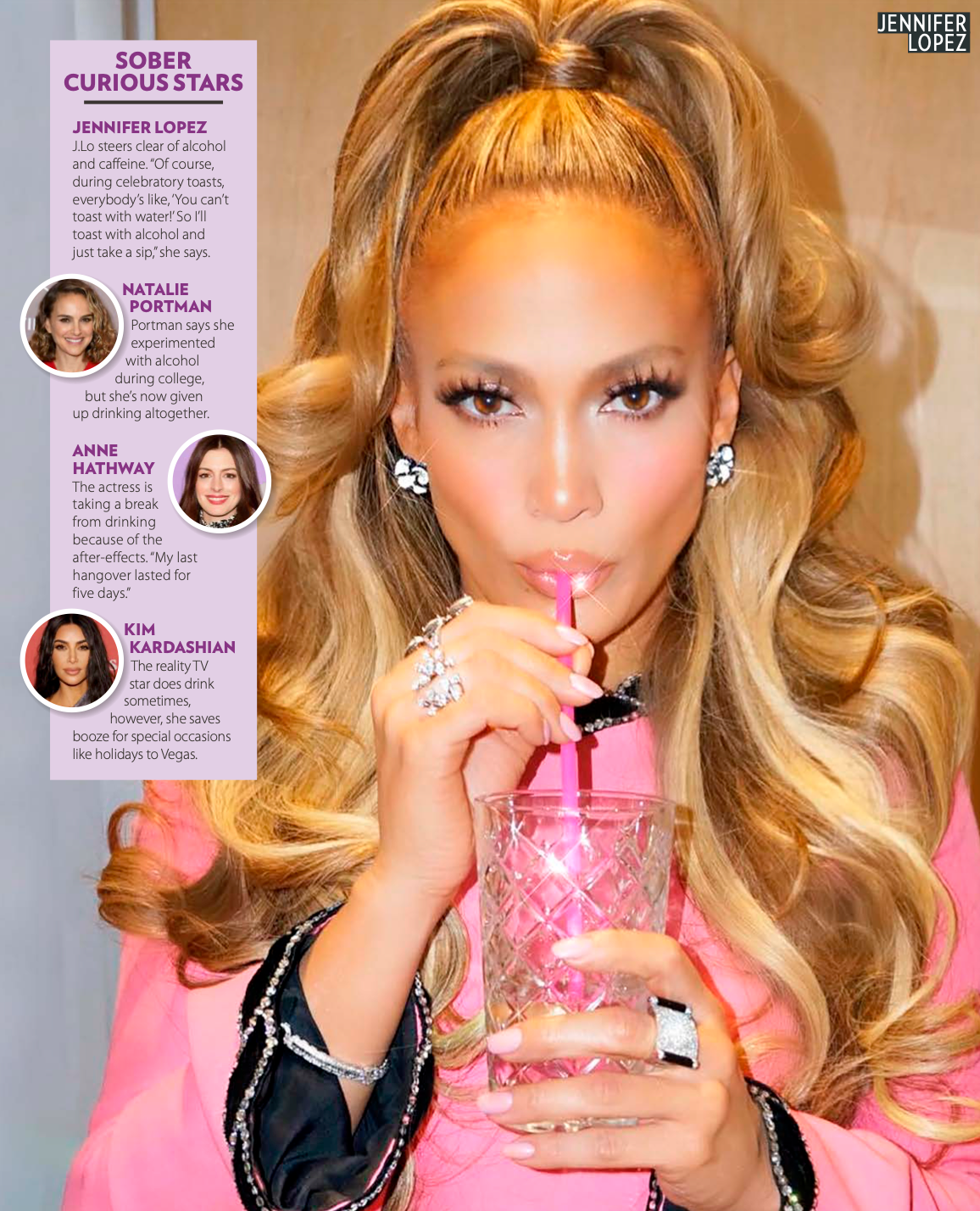"Breast density" is the new buzzword in breast cancer screening. Dense breasts are common and normal. It is estimated that up to 50% of women in Australia between the ages of 40 and 74 have dense breasts - that's over two million Australian women.
What is breast density?
Breast density does not refer to the "perkiness" or "sag" of your breasts, but rather how they look on a mammogram. Breasts are made up of fatty, fibrous and glandular tissues. Each woman has different amounts of these 3 types of tissue. Women with low breast density have more fatty tissue compared to glandular and fibrous tissue, while women with high breast density have more glandular and fibrous tissue compared to fatty tissue. Breasts tend to become more fatty (and less dense) as you get older, especially after menopause.
Why does breast density matter?
Dense breasts is a risk factor for breast cancer. Research has shown women with dense breasts have a 4 to 5 times increased risk of breast cancer compared to women with low breast density. The reason for this is currently not clear. It is important to keep in mind that the risk of developing breast cancer is influenced by a range of other factors such as increasing age (biggest risk factor), being overweight and drinking alcohol.
Dense breasts can mask cancer on mammograms. Breast cancer can be more difficult to detect on standard 2D mammograms (the most common screening method) in women with dense breasts. Dense tissue appears white on a mammogram, as do cancers. The white-on-white image makes cancer more difficult to detect.
If I have dense breasts, what should I do?
The best way to deal with the increased risks associated with dense breasts is not to try to reduce your breast density but talk to your doctor about a personalised screening program, which may include 3D mammogram, ultrasound or MRI.





